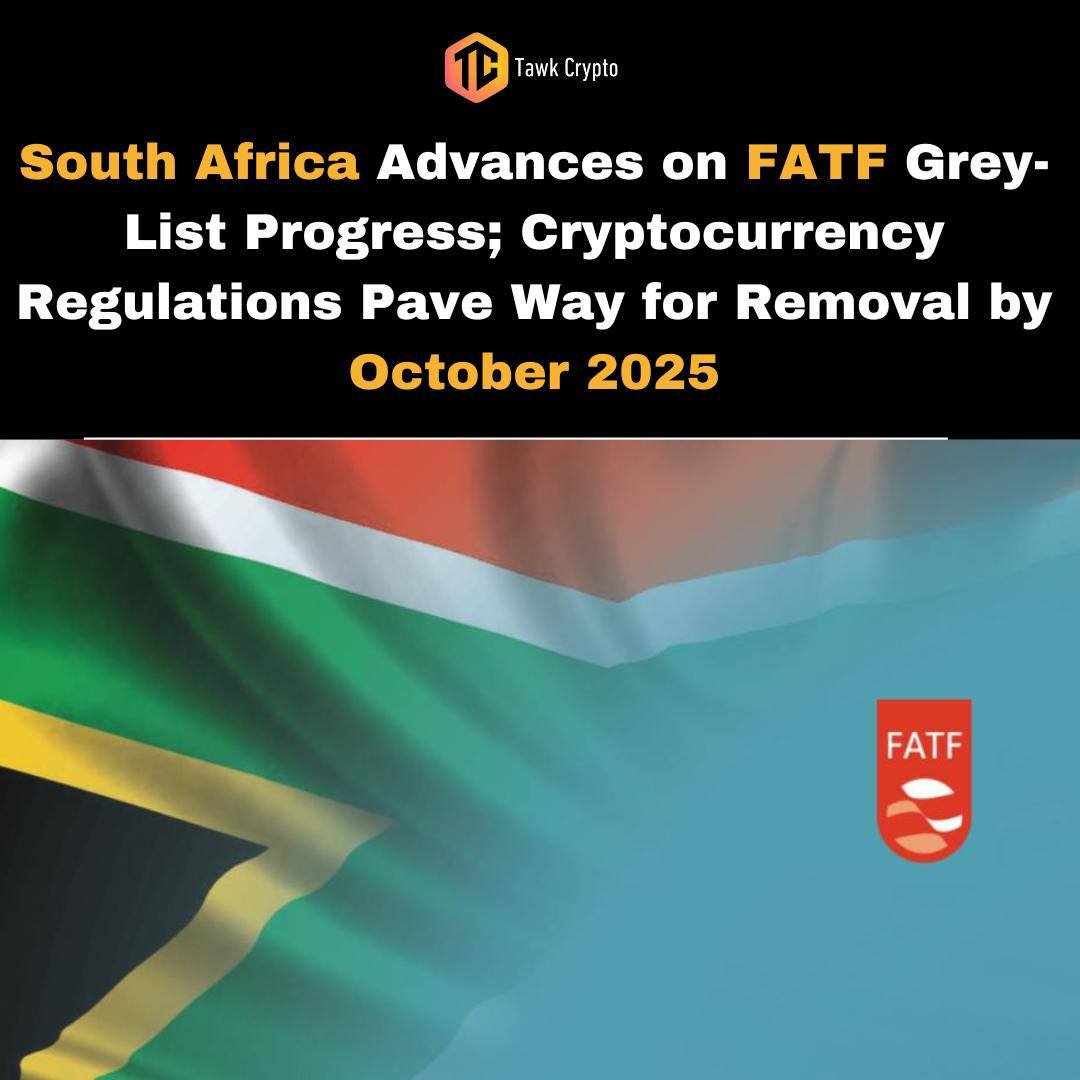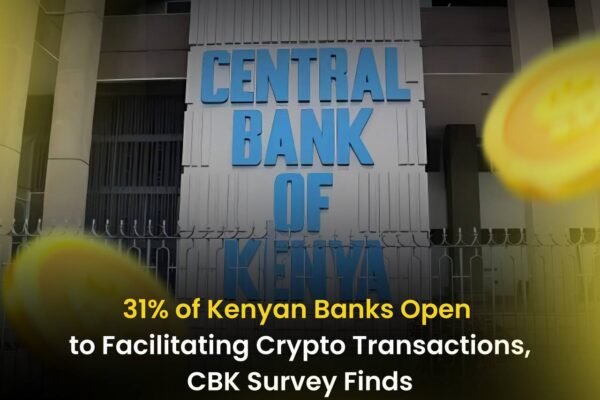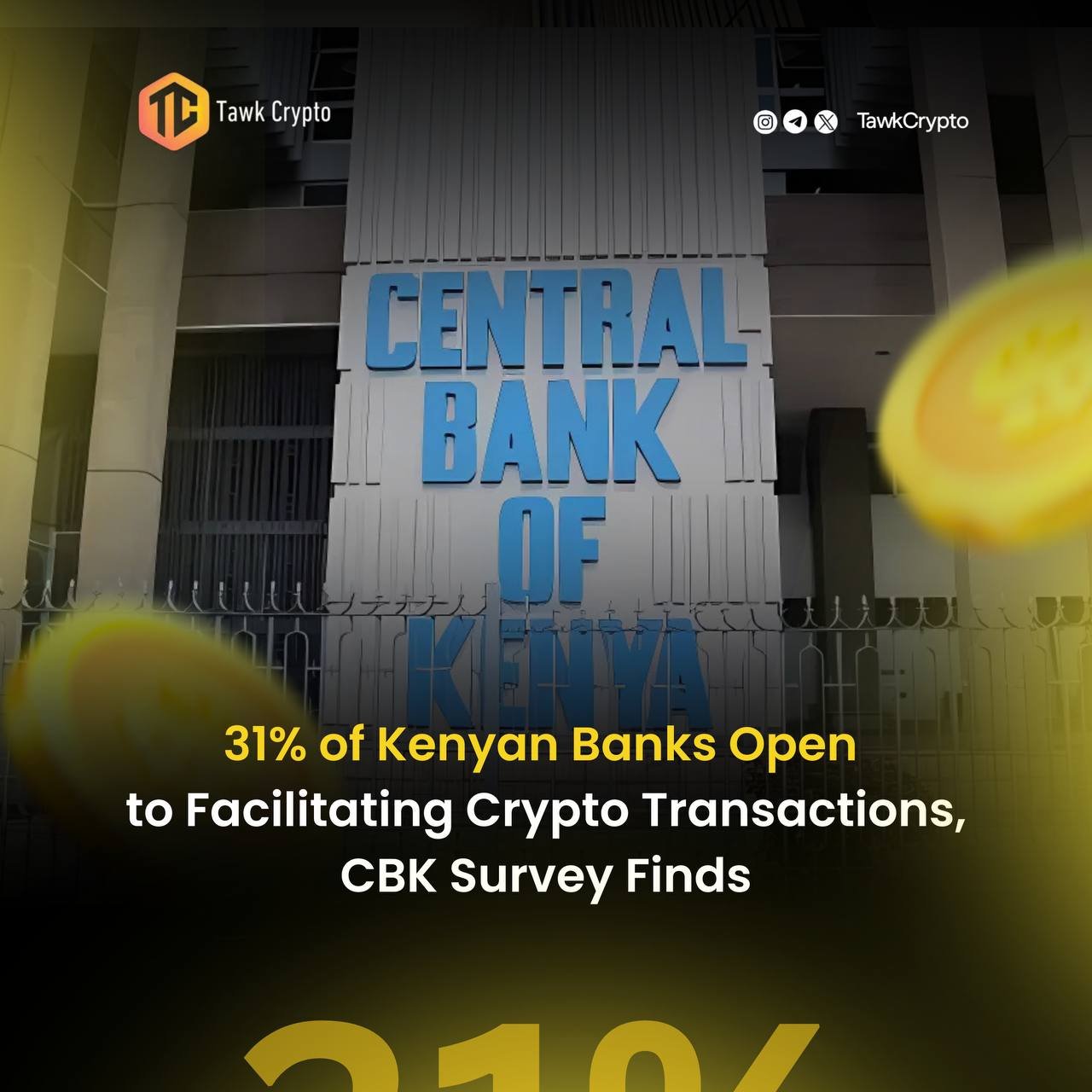

South Africa’s FATF Grey List Exit Gains Momentum.
South Africa is on track to exit the Financial Action Task Force (FATF) grey list by October 2025, having resolved 20 of 22 action items flagged by the global watchdog. A pivotal factor in this progress? The nation’s groundbreaking cryptocurrency regulations, which have already granted operating licenses to over 200 crypto firms, signaling a major shift toward financial transparency and innovation.
FATF Progress Report: 20 of 22 Action Items Addressed
In a statement released on February 21, 2025, South Africa’s National Treasury confirmed that the FATF has upgraded four of six outstanding action items following its latest plenary meetings in Paris. This leaves two critical items to be resolved by June 2025, positioning the country for potential removal from the “dirty money” watchlist later this year.
The FATF acknowledged South Africa’s “sustained progress” in strengthening its Anti-Money Laundering and Counter-Terrorist Financing (AML/CFT) framework since being grey-listed in February 2023. Key advancements include:
- Enforcing sanctions across all supervisory bodies.
- Ensuring timely access to accurate beneficial ownership (BO) data for legal entities.
- Applying penalties for BO violations.
“Our investigation and prosecution teams are working closely to demonstrate sustained progress in line with FATF requirements,” the National Treasury emphasized.
Crypto Regulations: A Cornerstone of South Africa’s Compliance Strategy
South Africa’s push to regulate cryptocurrencies has been central to its FATF compliance efforts. The country’s Financial Sector Conduct Authority (FSCA) has issued licenses to over 200 crypto firms, including exchanges, wallet providers, and blockchain startups. This regulatory clarity aims to curb illicit financial flows while fostering innovation in Africa’s most advanced economy.
Why Crypto Licensing Matters:
Enhanced Transparency: Licensed firms must adhere to strict AML/CFT protocols, reducing risks of crypto-enabled financial crimes.
Investor Confidence: Clear regulations attract institutional capital and global crypto platforms.
Regional Leadership: South Africa joins Mauritius as one of Africa’s few nations with comprehensive crypto frameworks.
Remaining Hurdles: FATF’s Final Demands
To secure its exit from the grey list, South Africa must demonstrate:
A sustained increase in prosecutions of complex money laundering cases.
Robust actions against terrorist financing activities, aligned with its risk profile.
The National Treasury remains optimistic, citing collaboration between law enforcement and prosecutors to meet FATF’s June 2025 deadline.
FATF’s February 2025 Statement: Key Takeaways
Following the Paris plenary—which included African members Kenya and Senegal for the first time—the FATF noted:
“South Africa has strengthened its AML/CFT regime by enforcing sanctions, improving beneficial ownership transparency, and penalizing non-compliance. The country must continue addressing strategic deficiencies in prosecuting financial crimes.”
Africa’s Grey List: Which Countries Are Affected?
South Africa is among 10 African nations on the FATF grey list as of February 2025:
- Burkina Faso
- Cameroon
- Democratic Republic of Congo (DRC)
- Mali
- Mozambique
- Senegal
- South Sudan
- Tanzania
- Uganda
Kenya and Namibia were added to the list in 2024, underscoring regional challenges in combating financial crimes.
South Africa’s decisive actions in upgrading its AML/CFT framework and introducing forward-thinking cryptocurrency regulations are setting a new standard in financial governance. With only two critical steps remaining, the nation is well-positioned to be removed from the FATF grey list by October 2025—a move that will enhance its global financial reputation and stimulate further growth in its burgeoning crypto market.
Stay tuned to TawkCrypto for continuous updates and in-depth coverage on South Africa’s journey toward full FATF compliance and its evolving role in the digital finance landscape.







